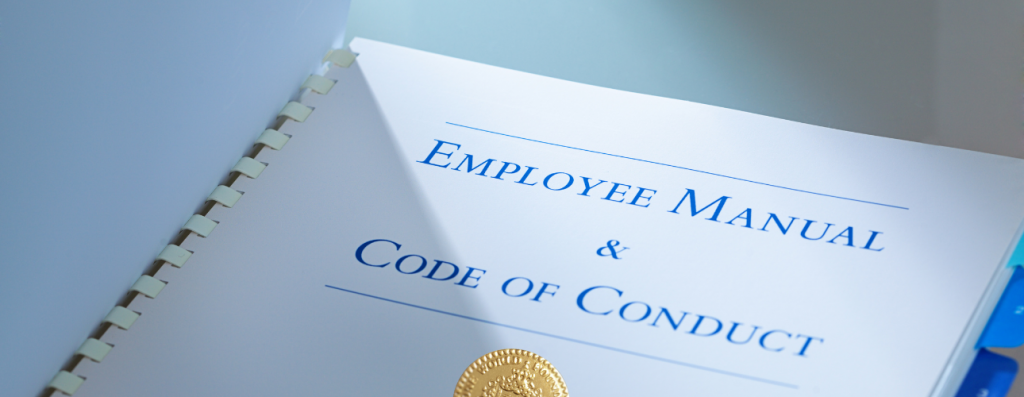Employee Code of Conduct

OWF Holdings is committed to implementing the Code of Ethics and the Code of Conduct for its employees by adopting reliability and transparency as its core operating principles.
The “Employee Code of Conduct” is a guideline for the implementation of the “Code of Ethics” and stipulates the minimum level of ethical behavior for employees. All employees must comply with this “Employee Code of Conduct” as a guide for decision-making and behavior in performing all tasks. Clear and equally applied expectations ensure that high standards are met without double standards.
Work Implementation
● Employees shall make their best efforts to set ambitious work goals, achieve them, and take responsibility for the results.
● Employees shall gather information about their responsibilities and market competitors and propose new ideas.
● Employees shall regularly analyze performance to identify reasons for success or failure and implement countermeasures.
●Employees shall ensure customer satisfaction through effective customer management, converting customer information into a database.
●Employees shall increase work efficiency through active cooperation and communication with colleagues and related departments.
● Employees shall continuously improve their skills through self-improvement to enhance work quality.
Credit Management
● Employees shall prevent bad transactions by processing work accurately according to procedures and take responsibility for any insolvency.
● Employees shall conduct a preliminary review of all credit transactions through the business team.
● Employees shall immediately report any claims to their superiors and follow instructions for processing.
●In cases where situations contradict original contract terms, employees shall consult with superiors and related departments before making decisions.
● Employees shall develop insolvency response skills through regular debt management training.
Time Management
● Employees shall strictly observe working hours and avoid personal matters during work time.
●Employees shall not engage in non-work-related activities such as playing games, PC communication, or Internet browsing during working hours.
● Employees shall not take on second jobs that may interfere with the company’s business.
●Employees shall seek prior approval from the HR Department for attending external lectures, even if it benefits the company.
Cost Management
● Employees shall use all company equipment and consumables responsibly, as if they were personally paid for.
● Employees shall avoid using telephones and mobile phones for personal purposes.
●Employees shall minimize overseas travel, gift, and entertainment expenses, and refrain from excessive eating out to promote unity among employees.
● Employees shall use company assets solely for company duties and manage spending transparently.
Business Relationship
● Employees shall not accept excessive entertainment or favors (over USD 100 per person, unpaid golf play, etc.) from business partners.
● Employees shall avoid financial arrangements such as loans, collateral, or guarantees with companies they have business relationships with and refrain from investment, borrowing, or employment relationships with them.
● Employees shall not conduct business with relatives or personally acquainted business partners.
● Employees shall not provide indiscriminate congratulations or condolences to companies with business relationships.
● Employees shall not offer gifts, money, or entertainment to stakeholders beyond socially accepted norms, nor purchase goods and services from stakeholders at inflated prices.
Relations between Employees
● Employees shall not borrow large sums of money from or provide loan guarantees to each other.
● Employees shall not solicit employment, promotions, or excessive entertainment from each other, nor offer gifts, except for superiors giving gifts to subordinates or group gifts for birthdays or anniversaries.
● Employees shall only offer congratulations or condolences out of personal will and within socially accepted norms.
The new financial paradigm is prosperity through commerce and sound fiscal responsibility for mutual sovereign benefit where the population of the world become interdependent and embrace cooperation.


